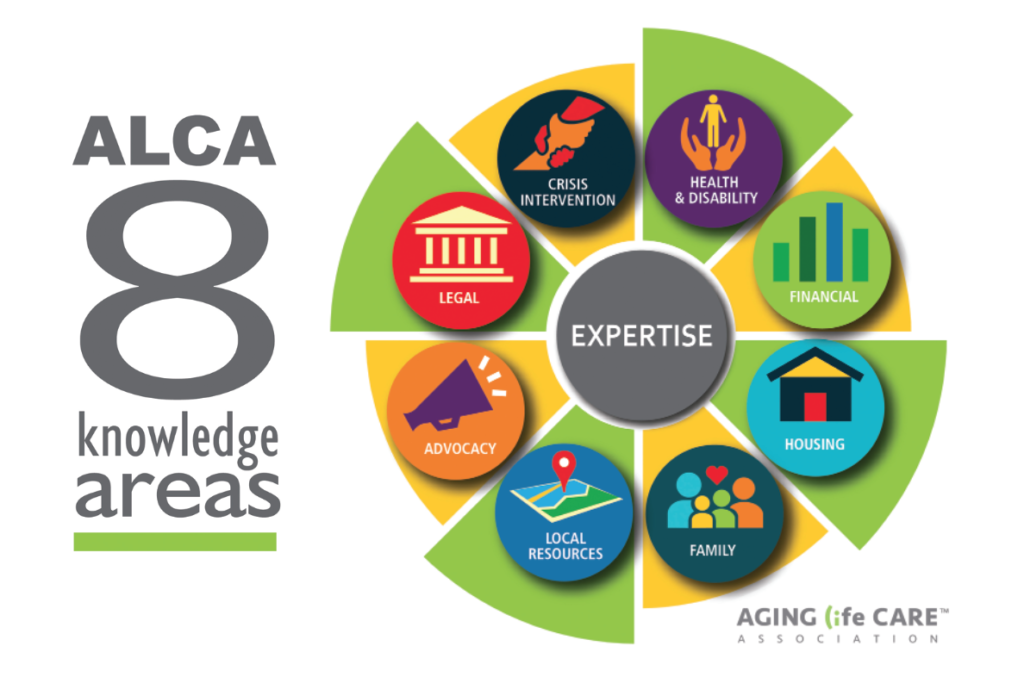WellSenior
When your children won’t talk to you
If your adult child has cut off contact, you are not alone. An estimated 11% of parents are estranged from their adult kids. That’s 1:8. But you wouldn’t know it to hear others talk. There is such a stigma around the issue that estranged parents rarely talk about it with others. Instead, they tend to…
Read MorePlanning to “retire” from driving
Did you know that we usually outlive our ability to drive safely by six to ten years? As we age, we naturally modify how we drive to address physical changes: Stiff joints, poor vision, slow reflexes. But a time will come when it’s simply unwise to continue behind the wheel. We do plenty of planning…
Read MoreAge-friendly exteriors
When imagining an age-friendly house, many people think of ramps for wheelchairs and walkers. Indeed, ramps are essential—if and when they are needed. There are, however, modifications for the outside of a home that simply make daily life and basic maintenance easier. They help prevent falls by addressing the common conditions of arthritis, poor eyesight,…
Read MoreSplitting the pie fairly
If you have more than one child, deciding how to distribute your assets among them may prompt some angst: If and how should your will or trust reflect your understanding of their different needs? According to a Merrill Lynch study, two-thirds of parents over age 55 are open to the idea of unequal bequests. “Fair”…
Read MoreMild cognitive impairment (MCI) and what you can do
Mild cognitive impairment (MCI) is the medical name for memory problems that exceed the “normal forgetfulness of aging” but are less than associated with an Alzheimer’s diagnosis. If you have received a diagnosis of MCI, you are at risk for continued significant cognitive decline. Each year about 10–15% of persons with MCI receive an Alzheimer’s…
Read MoreWhat is “elder law”?
Elder law focuses on the special rights, needs, and challenges that arise in the context of simply growing older and planning for possible care needs. Attorneys specializing in elder law take a holistic perspective. They acknowledge the interplay of health, family, disability, and housing, as well as emotional and financial issues. Consider a consultation for:…
Read MoreAge-friendly bathroom remodels
Activities that are easy now may become more difficult in the future: Going up and down stairs, standing up from sitting, getting in and out of the tub, catching your balance if you start to slip. . . . As you consider aging in place, it is wise to keep these issues in mind, particularly…
Read MoreSocial Security and the newly single
Life has a way of throwing us curveballs. The unexpected death of a spouse—or a divorce—can certainly wreak havoc on your emotions. It can also throw a wrench in your finances. If you are age 62 or older, here are some Social Security basics to bear in mind as you regain your financial footing or…
Read More“Is it Alzheimer’s?”
Alzheimer’s is different from the normal forgetfulness of aging. Alzheimer’s is one of many conditions that cause the radical changes in memory, reasoning, and behavior known as “dementia.” The normal forgetfulness of aging is just an inconvenience, a slowing down. The serious changes of dementia eventually result in the inability to live on your own.…
Read MoreDriving as we age
Irritating but true: Aging brings changes that make safe driving more of a challenge. Slower reflexes. Reduced vision and hearing. Difficulty concentrating. Less flexibility in the neck and shoulders. Fortunately, these changes do not come on suddenly. And adjustments in driving habits can offset them such that older drivers can be much safer than their…
Read More









